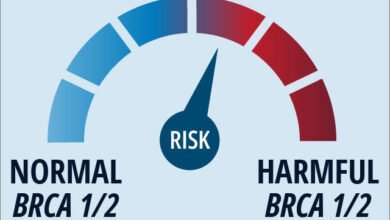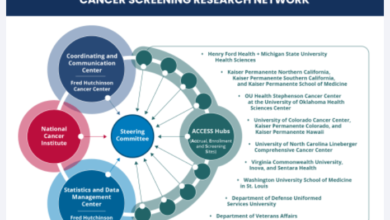Moderate Exercise May Significantly Impact Outcomes in Colorectal Cancer

Moderate exercise in patients with colorectal cancer may reduce inflammation associated with obesity, which may lead to improved outcomes in these patients, recent study data demonstrated.
In particular, engaging in exercise for 150 minutes every week may improve survival by reducing inflammation and improving gut bacteria, according to data recently published in the American Journal for Cancer Research.
“Inflammation in general is associated with cancer development, cancer progression and then also a higher risk of recurrences and metastasis,” said study author Caroline Himbert, a postdoctoral fellow at the Huntsman Cancer Institute in Salt Lake City, in an interview with CURE®. “So reducing inflammation in the body is important.”
Himbert and her colleagues examined 579 patients with colorectal cancer and divided them into groups based on their physical activity levels: active (8.75 hours or more per week) and inactive (fewer than 8.75 hours per week). These patients were further divided by their body mass index (BMI) of normal weight, overweight or obese.
Several biomarkers in tumors were also identified and examined in patients prior to surgery. When compared to BMI and activity levels, patients who were inactive had higher levels of these tumor biomarkers than active patients. In addition, patients with obesity had higher biomarker levels than patients at a normal weight.
Obesity is an associated risk factor in colorectal cancers, and data did reflect that patients at a normal weight and were physically active had the lowest biomarker levels. Despite this, Himbert explained that weight affects cancer outcomes due to the impact it has on bodily inflammation and the gut microbiome of a patient, which work together to exacerbate each other as well as cancer progression.
“There are also treatments that target inflammation in the body,” she said. “In an obese state, so someone who’s obese, it has been shown that adipose tissue is actually contributing to systemic inflammation.”
Himbert added that counteracting the effects of obesity with physical activity can help reduce this inflammation and potentially the development of cancer.
“Inflammatory processes are a huge contributor to cancer development,” she said. “There’s some research that shows that the gut microbiome is involved in that, too; having a healthy gut microbiome reduces the risk of higher inflammation.”
Himbert emphasized patients at any weight or BMI can benefit from moderate weekly exercise by reducing their inflammation.
“It reduces inflammation and it helps maintaining a healthy gut microbiome,” she said. “With that, a patient can improve their long-term survival. Keep in mind that they don’t have to be running a marathon. It really just is, (if you are) following the guidelines, 150 minutes of moderate exercise per week.”
Himbert encouraged patients currently undergoing cancer treatment to speak to their care team or a physical therapist to find an exercise plan that is comfortable to them, and to keep safety in mind even while attempting to increase their weekly activity level.
For more news on cancer updates, research and education, don’t forget to subscribe to CURE®’s newsletters here.
Source link
#Moderate #Exercise #Significantly #Impact #Outcomes #Colorectal #Cancer



